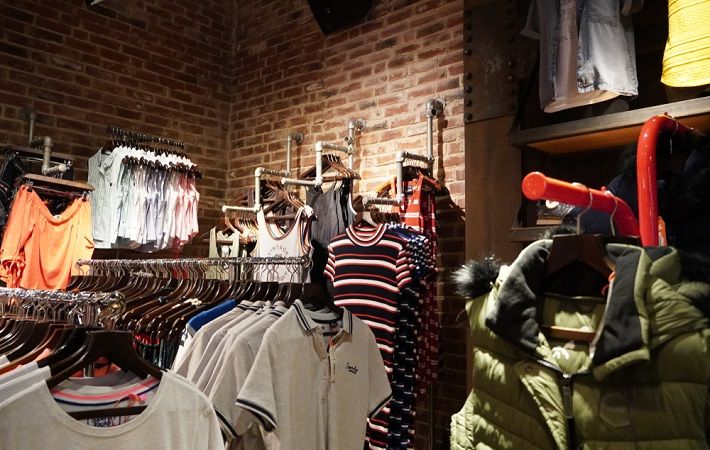
The chamber said UAE retail sales are forecast to maintain a 6.6 per cent annual growth in the medium term to reach $70.5 billion by 2025, with store-based retailing growth forecast at a compounded annual growth rate (CAGR) of 5.7 per cent, while non-store retailing is forecast to grow at a CAGR of 14.8 per cent.
Progress related to the UAE’s vaccination campaigns is expected to boost demand in the second half of this year and attract consumers and tourists back to traditional stores. Expo 2020 Dubai, scheduled to kick off this October, is expected to be a major catalyst for the recovery of the retail sector, in addition to the support and incentives provided by governments to business sectors at the federal and local levels.
The United Arab Emirates currently leads the Middle East and North Africa (MENA) region in terms of household spending on e-commerce at $2,554 per household, which is twice the value of the global average of $1,156, and four times the value of the average in the MENA region ($629).
As new retail space in the UAE continues to come online in the short term, the market has become more favourable to tenants, due to expected lower rents and more available options, a trend which should support the recovery of retail businesses.
The analysis by the chamber found that the COVID-led digital shift has created new growth opportunities for regional expansion for traditional retail and e-commerce companies based in the UAE, especially in markets with large populations, such as Saudi Arabia, Egypt, Algeria and Morocco.
Fibre2Fashion News Desk (DS)